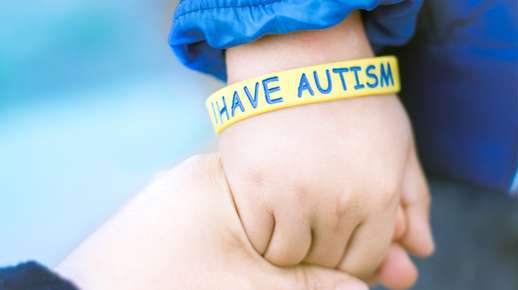


Dyslexia
Dyslexia When a child has difficulty reading due to problems recognizing speech sounds and learning how they connect to words and letters, the condition is known as dyslexia, a learning disorder caused by genetic traits that disturb how the brain works. It affects...
Crossed Eyes
Crossed eyes, also known as strabismus, refer to a condition in which both eyes do not look at the same place at the same time. Often times they both turn in, but may also turn out. What Causes Crossed Eyes? The six muscles attached to each eye, which control how it...
Autism
Symptoms and Problems Caused By Autism Autism is a neurological disorder in which the person has difficulty processing and reacting to information received from their senses. The individual also has trouble communicating and interacting socially. Signs of autism...
Stress and Vision
Did you know that your eyes are an extension of your brain? There are six muscles connected to each eye, and they receive signals from the brain. These signals direct the eyes movements and, thus, control their ability to focus. When you are stressed, your brain goes...


